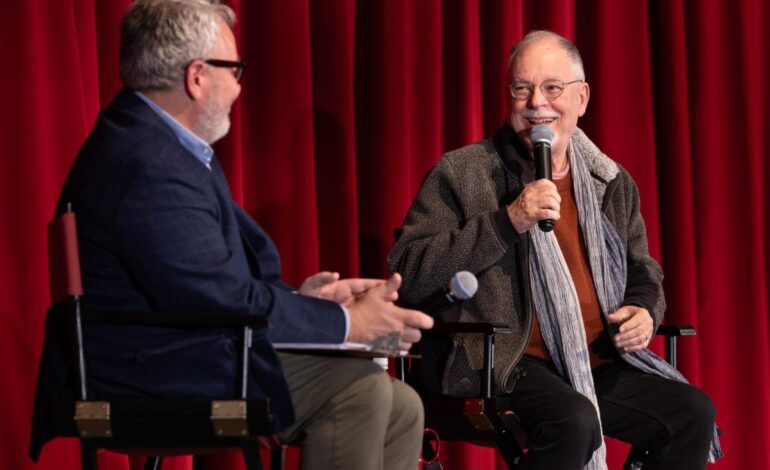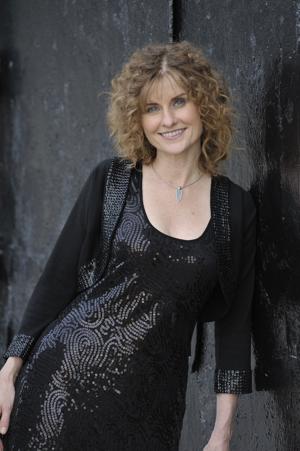Gregory Maguire Explores Art and Faith at Fordham University Event

On October 23, 2023, Fordham University’s Center on Religion and Culture hosted a compelling discussion featuring Gregory Maguire, the acclaimed author of “Wicked.” The event, moderated by theater critic Jim McDermott, delved into themes of spirituality, the creative process, and the evolution of Maguire’s work from page to stage and screen.
Maguire, reflecting on the ongoing cultural phenomenon surrounding “Wicked,” described it as “a very peculiar world to live in when the entire continent seems to go pink and green.” He emphasized how his responsibilities as a father helped shield him from the overwhelming attention his work has garnered. “I was saved from a certain kind of contamination, I think, by the mere fact that my obligations to my children were more important than my obligations to the needs of my ego,” he stated.
During the conversation, McDermott inquired about the motivation behind Maguire’s novel. Maguire traced his inspiration to his experiences in London during the rise of Saddam Hussein. “I remember walking through central London and seeing signs … saying, ‘Saddam Hussein: the next Hitler,’” he recalled. This provoked a deeper contemplation about the power of language and its role in legitimizing violence.
However, he chose not to reference Hitler directly in his writing. Instead, his vision of Margaret Hamilton, the original Wicked Witch of the West from the 1939 film “The Wizard of Oz,” became pivotal. “Nobody knows why she was wicked. She doesn’t even have a name. They just call her by the capital W, Wicked,” Maguire explained. Initially set on creating a truly villainous character, he soon realized that readers would struggle to understand her complexity.
“I thought to myself, ‘Oh Gregory. What have you done? Nobody is ever going to get this child … You owe it to this human creature to allow her to live her life in some amount of freedom,’” he said, reflecting on the need to give his characters depth and humanity.
The discussion also touched on his recurring focus on misunderstood female characters. Maguire noted, “Men are just as misunderstood. They’re just not as interesting.” He believes that women and gay men often possess a unique ability to reconcile conflicting ideas, a trait he finds less common among straight men.
An audience member raised the exclusion of the Quadlings from the musical adaptation, prompting Maguire to explain his perspective on artistic interpretation. He expressed his willingness to allow adaptations to diverge from his original work, citing luck in securing his rights shortly after L. Frank Baum’s estate entered the public domain. Maguire’s collaboration with musical composer Stephen Schwartz was initially met with skepticism, but Schwartz’s vision ultimately won him over. “With those five words, ‘No One Mourns the Wicked,’ he sold the project,” Maguire said, highlighting Schwartz’s understanding of the book’s essence.
As the conversation shifted to the intersection of faith and art, Maguire acknowledged the diverse belief systems that shape individuals. “We are shaped and formed by the forces against us, and … I wanted Oz to represent the world in which we live,” he remarked.
In closing, Maguire emphasized the importance of children in his narratives. “The wildness of children is their salvation. And frankly, the wildness of children is our salvation too,” he stated. He underscored the value of retaining a sense of wonder and creativity from childhood, urging the audience to embrace it daily.
This engaging discussion not only provided insights into Maguire’s creative journey but also highlighted the intricate relationship between art and spirituality, resonating with attendees long after the event concluded.






